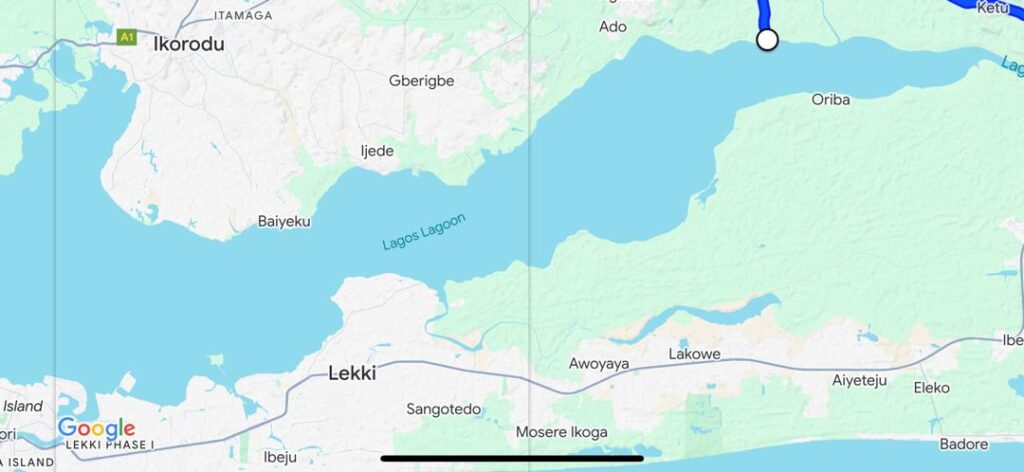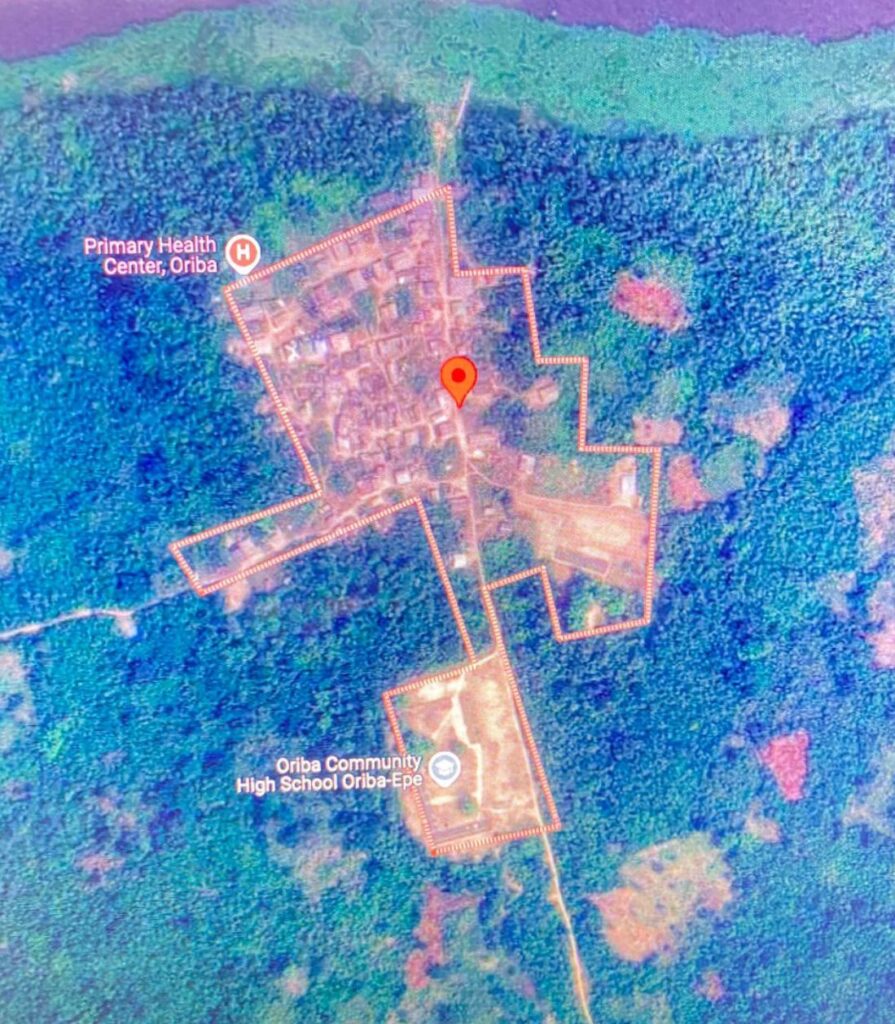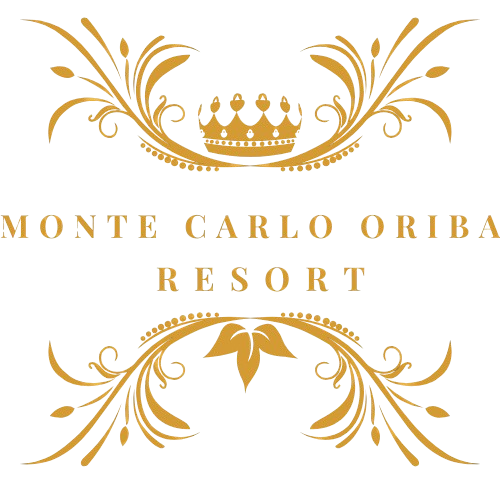The Discovery of Monte Carlo-Oriba: A Dream Realized
Once upon a time, in a city called Lagos in Nigeria, there lived a little boy named Kola. From a very young age, Kola was captivated by the idea of islands. He would spend countless hours flipping through picture books, mesmerized by images of pristine beaches, crystal-clear waters, and lush greenery. The thought of having his own self-sufficient, isolated island where he could play freely, away from the hustle and bustle of family and friends, filled his heart with joy and wonder. Every day, he would dream about this paradise, imagining himself building sandcastles, exploring hidden coves, and basking in the sun without a care in the world.
Kola’s obsession with islands led him to take numerous boat trips with his family. He loved the feel of the salty breeze on his face and the sound of waves crashing against the hull. Each trip only fueled his dreams further, and he often imagined what it would be like to find his own island one day. Little did he know that fate had a grand adventure in store for him.
One bright and sunny morning, Kola set out on his boat for yet another excursion. The sea sparkled like diamonds under the sun, and excitement bubbled within him. However, as he ventured further from the shore, disaster struck. His boat suddenly began to sputter and stall, and before he knew it, he was stranded in the middle of the ocean. Panic set in as he realized he needed to fix the boat, but all his attempts were in vain. With no other option, he decided to moor on a low-level stretch of sea to assess the situation.
As the sun began to set, casting a golden hue across the water, Kola felt a mix of frustration and determination. He knew he needed to find fresh water, so he set out on foot to explore the surrounding area. To his astonishment, he soon discovered that he had landed on an isolated island, completely untouched and serene.
His heart raced with excitement. This was it—the very island he had always dreamed of! The palm trees swayed gently in the breeze, and vibrant flowers bloomed all around him. The sound of birds singing filled the air as if welcoming him to his newfound paradise. Kola wandered along the shore, his imagination running wild. He envisioned building his own little hideaway, planting gardens, and living off the land.
In that moment, Kola knew he had stumbled upon something extraordinary. This was not just an island; it was a canvas for his dreams, a place where he could create his own world. He spent hours exploring every inch of the island, reveling in the beauty and tranquility that surrounded him.
Eventually, after a day filled with wonder, Kola managed to signal for help, and a passing boat rescued him. But he returned to the mainland forever changed. He had discovered not just an island, but a vision that would eventually lead to the creation of Monte Carlo-Oriba—a luxurious resort that embodies the very essence of his childhood dreams.
Years later, as Kola grew into a successful entrepreneur and the CEO of Monte Carlo-Oriba, he often reminisced about that fateful day. His partner would jokingly call him “Nigeria’s Mungo Park,” a nod to his adventurous spirit and the remarkable discovery that had shaped his life.
Today, Monte Carlo-Oriba stands as a testament to the dreams of a little boy who believed in the magic of islands. It is a place where people can escape, rejuvenate, and experience the beauty of nature in a luxurious setting. Kola’s childhood dream had come to life, and he had turned his passion into a legacy that would inspire others to chase their own dreams.
And so, the story of Monte Carlo-Oriba began—not just as a destination, but as a dream realized, reminding us all that sometimes, the most extraordinary adventures begin with a simple belief in the impossible.
THE HISTORY OF ORIBA
Oriba is a community steeped in rich heritage and historical significance, tracing its origins back to the pre-colonial era of 1851. This land, marked by its deep-rooted connections to the slave trade and the resilience of its people, offers a unique glimpse into Nigeria’s past.
The Emergence of Oriba
By the late 18th century, the slave trade dominated global commerce, drawing widespread criticism and prompting the formation of movements against this inhumane practice. In 1842, the Christian Missionary Society (CMS) dispatched missionaries to the African coast to advocate for the abolition of slave trading, eventually extending their campaign into the hinterlands.
Resistance from local rulers led the CMS to seek protection from the British government, resulting in the deployment of troops to enforce anti-slavery agreements. This intervention sparked a series of conflicts, most notably the Egba War, which saw the British forces clashing with local warriors. As the fighting escalated, the British sought to quell the resistance of the Egbas and their allies, leading to significant territorial changes and the establishment of new settlements.
The Role of Abdul Kadiri and the Salami Agbaje Family
In the midst of this turmoil, a prominent figure emerged: Abdul Kadiri, an Ijesa warrior and slave trader. Recognizing the impending threat from British forces, he relocated his slaves from Agbadagiri (now Badagry) to a more secure area known as Ori-Aba Island, strategically positioned not far from the coast. This new settlement became a refuge and a center for the enslaved population.
Upon Abdul Kadiri’s death, the land was inherited by his daughter, Asiata, who married Lawal Gbajumo, the son of King Kosoko. Their son, Salami Agbaje Lawal, became the custodian of this historical parcel of land, which spans approximately 1,435 acres. The lineage of the Salami Agbaje family has since played a crucial role in the stewardship of Oriba, with the current head of the family being Albert Adewale Lawal.
A Legacy of Resilience
The events of 1851 marked a turning point in the region’s history, as the British government called for an end to hostilities following the death of Major Willoughby during the conflicts. The warriors of Oriba and their allies returned to their homes, but the impact of the war and the legacy of the slave trade continued to shape the community.
In the aftermath, the land was divided among the warriors, with the Salami Agbaje family retaining significant portions. Today, remnants of this history can still be seen throughout Oriba, from the burial grounds of past leaders to the structures that have withstood the test of time.
The Future of Oriba
As we honor the past, we also look to the future. The land of Oriba presents a unique opportunity for investment and development, inviting buyers and investors to become part of a community that values its heritage while embracing progress.
At Monte Carlo Oriba, we are committed to preserving this rich history while fostering growth and development in the region. We invite you to explore the potential of Monte Carlo-Oriba, where history meets opportunity.
For inquiries and investment opportunities, please contact: Mr. Toyin Majekodunmi
The Build Centre Properties Ltd21 Mojidi Street, Ikeja, Lagos:
info@montecarlo-oriba.com
Join us in shaping the future of Oriba while honoring its remarkable past.



